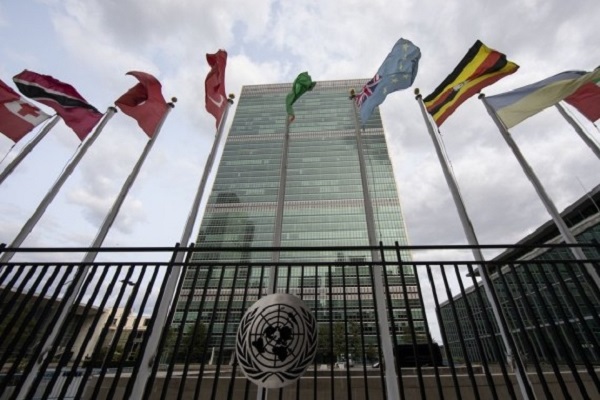United Nations, (Asian independent) Despite the many crises of the past two years, e-government strategies have been advanced although many countries and municipalities have fallen short in providing adequate online services, according to a new UN survey.
The 2022 edition of the E-Government Survey shows that Denmark, Finland and South Korea lead the 2022 digital government ranking of the 193 UN member states, scoring the highest when it comes to the scope and quality of online services, the status of telecommunications infrastructure and existing human capacity, Xinhua news agency reported.
Runners-up are New Zealand, Sweden, Iceland, Australia, Estonia, the Netherlands, the US, the UK, Singapore, the UAE, Japan and Malta.
Owing to remarkable improvements in telecommunications infrastructure and human capacity development, the global E-Government Development Index (EGDI) average has increased overall, with 68.9 per cent of member states at the high or very high EGDI levels.
Eight countries have moved to the high EGDI group for the first time: Belize, Cote d’Ivoire, Guyana, Lebanon, Nepal, Rwanda, Tajikistan and Zambia.
Although the data show general increases in online services for vulnerable groups, digital divides remain. All of the countries with the lowest EGDI rankings are those in special and developing situations.
Haiti, Guinea-Bissau, Sudan and Eritrea are among the poorest performers in e-government, the survey results show.
“The survey results highlight that governments have remained focused on developing digital services and infrastructure despite the global challenges of recent years. Fulfilling our vision for leaving no one behind will require us to leave no one offline in the hybrid digital future,” said Li Junhua, UN undersecretary-general for economic and social affairs.
The survey was conducted by the UN Department of Economic and Social Affairs (DESA).
Assistant Secretary-General Maria-Francesca Spatolisano at UN DESA said: “Successful digital governments are shifting from being ever-present in people’s lives to becoming rather invisible. At the same time, they offer trusted automated services, which are accessible any time from anywhere at people’s convenience, respecting privacy and personal data protection.”
The 2022 survey calls on governments to strategise and invest more in long-term national digital transformation plans. Meaningful connectivity must be guaranteed for all to help prepare for future crises and shocks. Advances in technology and e-government must ultimately serve the wider goal of supporting sustainable human development.








